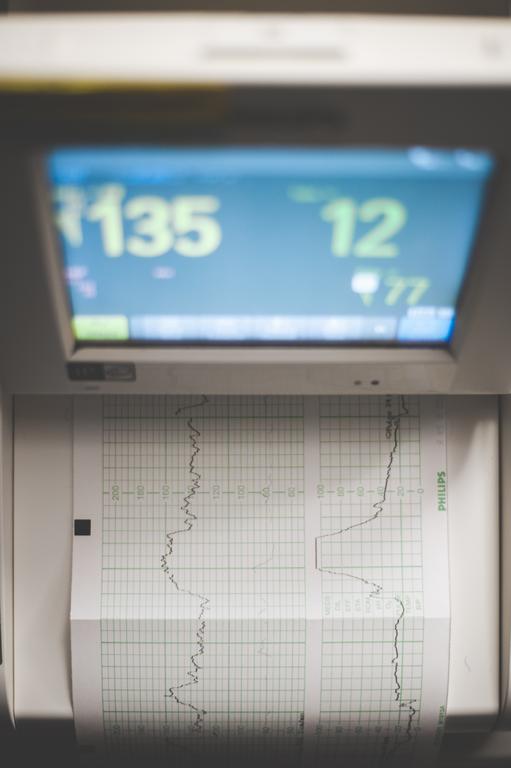Directory
Academic cardiology with an interest in the clinical science of cardiometabolic disease, cardiovascular risk and prevention, and drug development.
view this profile

Nilesh Pareek
Interventional CardiologistDr Nilesh Pareek in an interventional cardiologist at King’s College Hospital NHS Foundation Trust, London.
He held a previous position as a specialist Registrar in Cardiology at the Royal Sussex County Hospital and was a Fellow in Interventional Cardiology within the London Deanery.
view this profile
The management of heart disease is at our fingertips and can benefit from the explosion and the transformative effects of eHealth.
Currently, Smartphone’s and tablets have access to some 60,000 mobile health-based apps, a significant number of which can assist with the reduction and management of heart disease. eHealth devices can detect and track vital signs, monitor the progression of risk factors and connect heart patients directly with health professionals without leaving their homes.
Such devices can be used to reduce the burden of heart disease while transferring a large part of its management to the home.

|
In the UK there are some 2.6 million people living with heart disease, two million more have early signs of it. Each year, roughly 200,000 people die of cardiovascular complications and the disease costs the UK about $10 billion annually. A similar story can be told for most countries. According to the World Health Organisation, "Coronary heart disease is now the leading cause of death worldwide; it is on the rise and has become a true pandemic that respects no borders". A polypill prevents heart attacks and strokes According to a 2012 study undertaken by scientists from the University of London, a polypill that combines three generic blood pressure medicines and a cholesterol fighting drug, reduces blood pressure by 12%, lowers bad cholesterol by 39% and could cut heart disease events by 72% and strokes by 64% and, on average, patients receiving the therapy could gain an extra 11 years of life. According to Dr David Wald from Queen Mary College, London, who led the study, "If half of the over-50s in the UK took the pill daily, it would prevent many thousands of heart attacks and strokes each year". Path breaking gene therapy for heart patients The polypill does not work for chronic heart failure sufferers of which there are more than 0.75 million in the UK alone. Such patients have renewed hope from a new human clinical study, led by Dr Alexander Lyon, Imperial College London, which employs gene therapy to repair damaged hearts. The study is based on 20 years of laboratory research spearheaded by Professor Sian Harding of Imperial College London who discovered that patients suffering from heart failure exhibit low levels of the protein SECRA2a. He also developed a genetically modified virus designed to produce high levels of SECRA2a. Professor Harding then engineered a way for the virus to be introduced into a failing heart to target and reverse some of the critical molecular changes arising in the heart when it fails and thereby restore the diseased organ to its former status. Over a decade ago, gene therapy was widely viewed as a panacea, but it failed to deliver on its early promise. However, recent clinical successes have bolstered renewed optimism in gene therapy and scientists hope that Dr Lyon's study will be a turning point for the technique as well as benefitting people with heart failure. |
|
|




